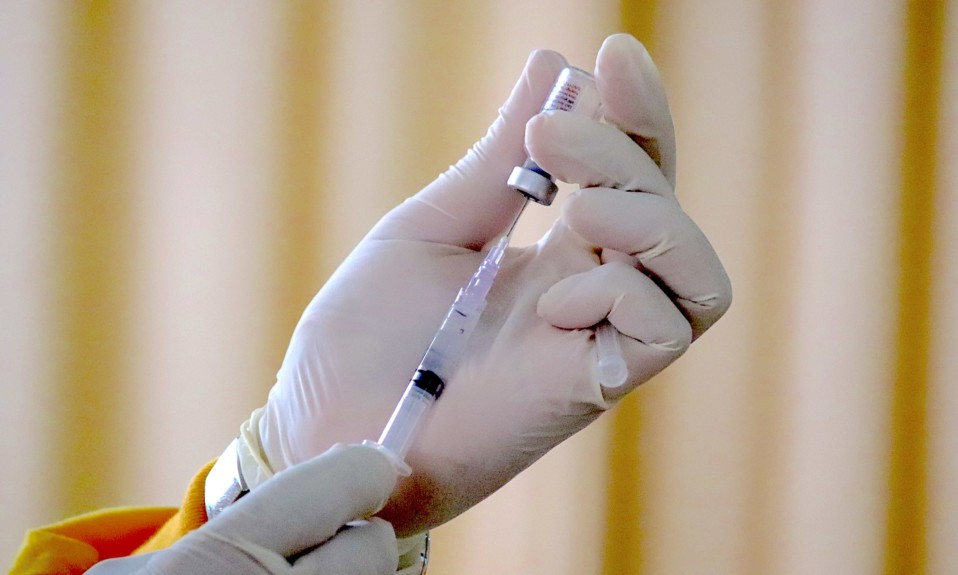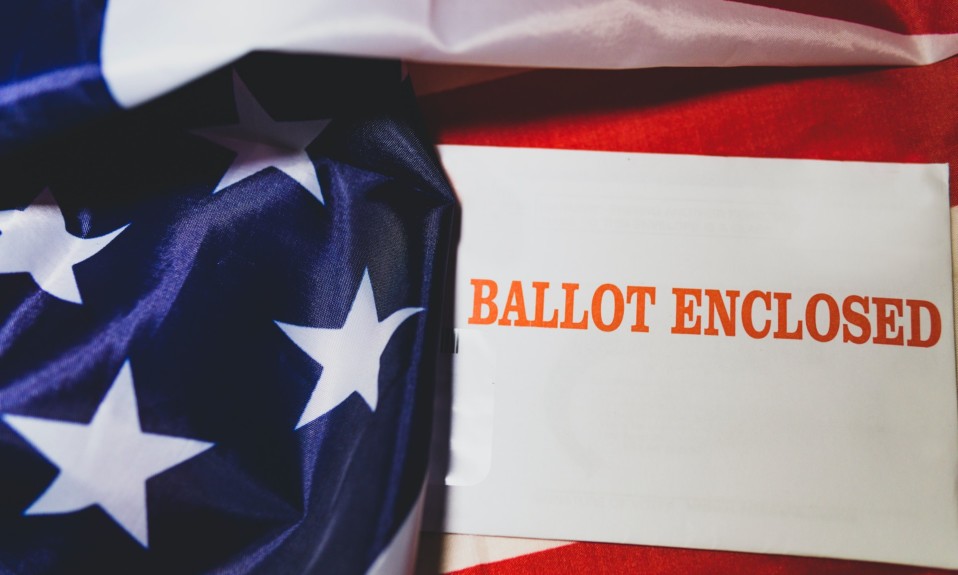Plus: Delaware’s governor vetoes recreational weed, and internship and webinar opportunities
By Dulcie Ulloa
New & Next: News
Rhode Island Students Design Harm Reduction Sites
Safe injection sites (SIS), also called supervised injection sites and harm reduction centers, are gradually gaining momentum as an evidenced-based approach to the opioid crisis. Last November, New York City opened the country’s first official SIS, and California legislators are debating a bill that would create sites in Oakland, San Francisco and Los Angeles. Even the federal government has signaled a new openness to the idea “as part of an overall approach to harm reduction and public safety.”
But the littlest state in the nation may be the one making the biggest moves. Last year Rhode Island became the first state to approve safe injection sites (though some not-in-my-backyard opposition has delayed implementation). Now students at the highly regarded Rhode Island School of Design (RISD) are getting involved.

RISD’s Center for Complexity (CiC), a cross-disciplinary program that explores design issues to address complex societal challenges, has created a studio course to develop best design practices for harm reduction sites. During the spring semester, RISD Interior Architecture and Industrial Design students have been reimagining how services, environments and materials can work together to make safe injection sites welcoming and compassionate spaces for those who use them.
Having looked at harm reduction centers overseas and in New York City, CiC director Justin Cook encouraged his students to come up with new ideas about the spaces, which are often cold and clinical, lack privacy and are set on the fringes of communities—all factors that increase the stigma of drug use. “They don’t tend to be spaces that are setting the conditions for well-being or healing,” Cook told Fast Company.
In addition to the SIS work, the Center for Complexity has tackled other issues related to the opioid epidemic. One student created an app to centralize information about harm reduction services. Another designed a fentanyl test strip modeled on a concert wristband. “This isn’t a junkie or drug addict issue,” Amy Qu, who created the strip, told The Providence Journal. “This is a human issue.”
“We have an opportunity here to do something that could dramatically reduce the harms inflicted by the approaches that came before,” Cook said of the RISD opioid projects. “But often there is a resilience in the existing systems that stifles innovation. People want to fit the new idea into the old model. Part of this studio explores how to disrupt that tendency.
“The ultimate goal is to continue building a community of practice around addiction and care in Rhode Island to help inform decisions, direct funding and guide priorities.”
New & Next: Policy
Delaware Governor Vetoes Legal Marijuana
Bucking a nationwide trend, Delaware’s Democratic governor, John Carney, last week vetoed a bill to legalize possession of up to one ounce of marijuana by adults for recreational use. Both houses of the Democratic-controlled Delaware legislature had passed the bill earlier in May, after the state Democratic party included legalization in its 2021 platform by unanimous vote.

Carney said he supports decriminalization and medical marijuana, both of which are already state law, but has concerns over measures beyond that. “I do not believe that promoting or expanding the use of recreational marijuana is in the best interests of the state of Delaware, especially our young people,” Carney said. “Questions about the long-term health and economic impacts of recreational marijuana use, as well as serious law enforcement concerns, remain unresolved.”
The bill had cleared both chambers by more than the three-fifths majority that would be needed to override the veto, but it was unclear whether lawmakers would attempt to do so. Delaware has not overridden a governor’s veto since 1977.
New & Next: Education
Enhancing Diversity in Alcohol Research
The National Institute on Alcohol Abuse and Alcoholism (NIAAA) is accepting applications for its Enhancing Diversity in Alcohol Research (EDAR) training program. The two-year program, conducted virtually, aims to engage psychology doctoral students from underrepresented backgrounds with alcohol research, as well as provide mentorship, professional development, networking opportunities and financial support. The internship is open to trainees in a doctoral program who come from racial and/or ethnic backgrounds; are from rural or inner-city communities with limited educational opportunities; have a disability; or whose family meets a low-income threshold. No prior alcohol research experience is required. More information is available here; to apply, click here. The application deadline is July 11.
New & Next: Webinar
Masculinity, Mental Health and Substance Use
On June 8, at 1:30 p.m. CT, Hazelden Betty Ford Foundation’s “Let’s Talk” series will examine how social stereotyping around male gender roles and definitions of masculinity can lead to mental health problems and significant substance use issues. Clinician and educator Damir Utrzan, PhD, will discuss historical, social and political constructs of masculinity and identify factors that contribute to ineffective coping and behavioral health problems. Utrzan will also outline considerations in treating mental health and substance use disorders that arise in such contexts. For more information and to register for “Masculinity, Mental Health and Substance Use,” go here.
Top photo: Mifud Majnun














